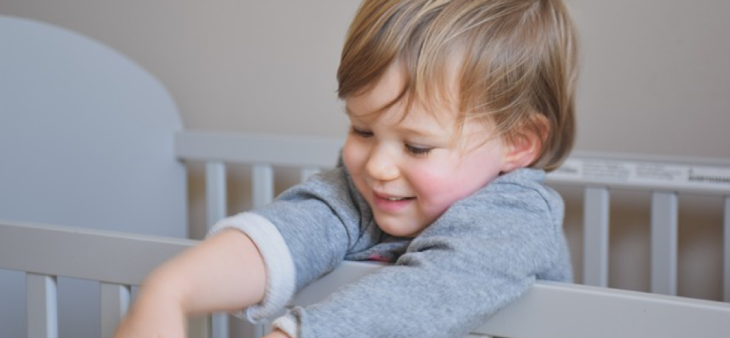
Photo via Pixabay by Sylviebliss
Authored by Amanda Henderson
For most parents, safety for children is a daily concern. Whether it’s at home, school, or daycare, making sure your child is healthy and happy can be a big job no matter their age. You may be worried about kitchen accidents, slippery floors, backyard safety, or pool safety, and while all of these are legitimate concerns, the one thing that many parents fail to think about is the air quality in their homes.
There are many factors that contribute to the air quality in a home, including your HVAC system and air filters, fabrics on furniture and window coverings, the amount and type of houseplants you have, carpeting, pets, and whether you use a fireplace or wood-burning stove. Because any type of air pollution can be harmful to the lungs and heart, it’s important to make sure your home is well-ventilated and is cleaned often to prevent a buildup of dust, mites, and other harmful debris.
Keep reading for tips on how to improve the air quality in your home safe for the entire family.
Get the right filter
The right air filter helps trap all the lint, dust, and debris that can get trapped in your HVAC system and circulated through your home. An air filter with a high MERV rating will clean those pollutants out of the air, including pollen, dust mites, mold, and bacteria, keeping the entire family breathing easier.
Reduce moisture
Too much moisture inside the home can create dangerous levels of mold and bacteria so it’s important to make sure the bathroom, kitchen, and basement are free of moisture due to leaks or poor ventilation. Caulk windows and doors to make sure there are no air leaks that could allow moisture to seep in, and keep gutters and drains clean and free of debris.
Use a HEPA filter
Vacuums with HEPA filters pull dust, pet hair and dander, and other allergens from your carpet, and this is the easiest way to clean your carpets and keep your family from breathing in those pollutants. Without a good filter, your vacuum may just be stirring up allergens and releasing them back into the air.
Change bedding often
Because bedding can attract dust, dead skin, and mites just like carpet does, it’s essential to wash sheets and blankets often. This will help everyone sleep better at night and breathe a little easier at the same time. You might invest in duvet covers that will allow for easier cleaning each week.
Know the symptoms of pulmonary illness
Because the air quality at home can affect a child’s health, it’s important to know the symptoms of pulmonary illness. They might include wheezing, acute bronchitis (with a cough that sounds like a bark), and an excess of mucus. If your child exhibits signs of a pulmonary illness, it’s important to speak with their doctor and to address the air quality in your home.
Of course, while the air quality in your home is important, it’s also a good idea to take advantage of fresh air as much as possible. This means getting outside with the family to engage in healthy activities, such as bike riding, bird-watching, and camping. Not only will these activities help your loved ones breathe better, they’ll allow everyone to get in some daily exercise, which is essential in the quest for good health.
